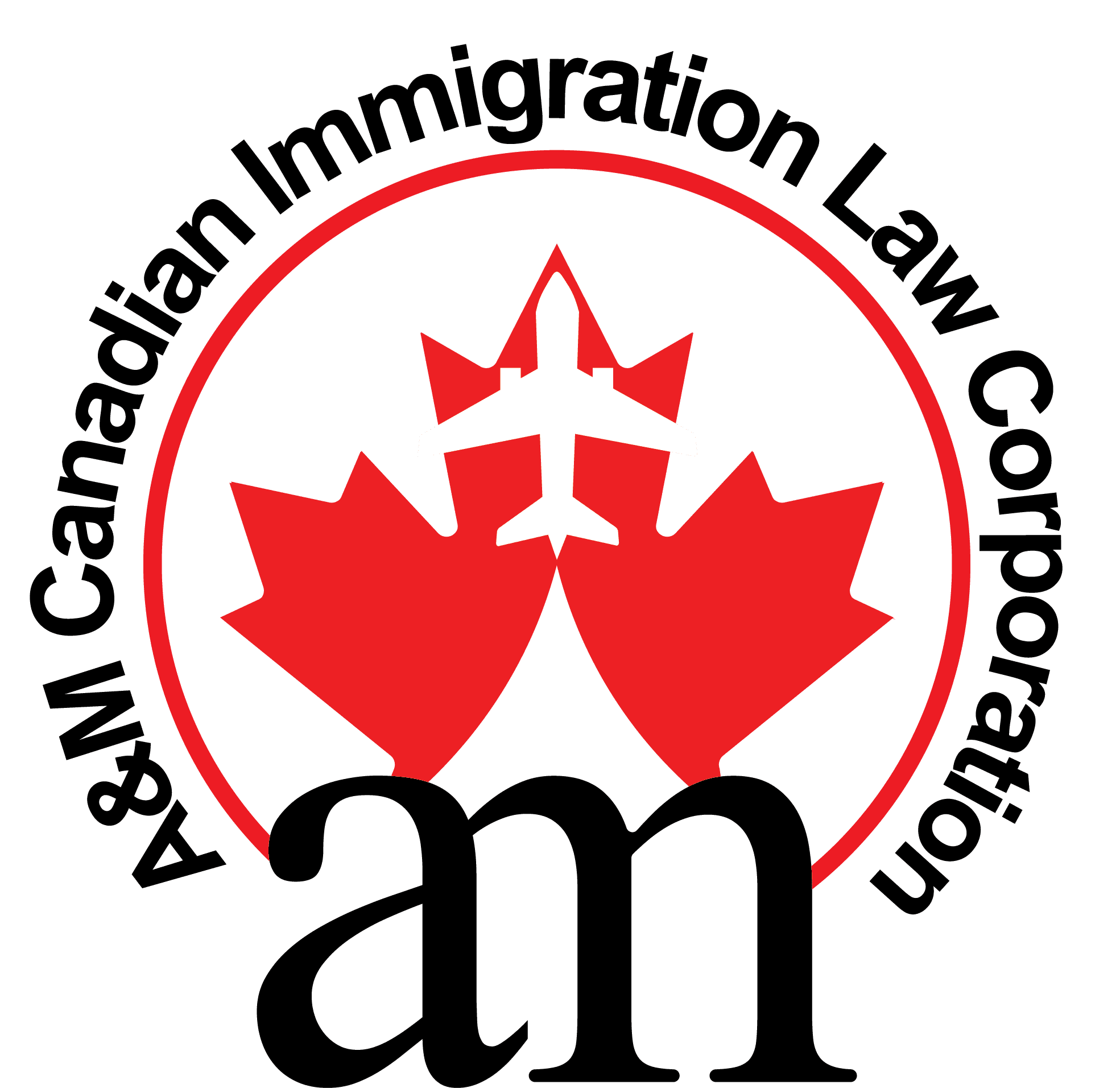Atlantic Immigration Program (AIP) — Pathway to Permanent Residency in Atlantic Canada
A&M Canadian Immigration Law Corporation
Atlantic Immigration Program (AIP) — Pathway to Permanent Residency in Atlantic Canada
Canada’s Atlantic
Immigration Program (AIP) offers a pathway to permanent residence for
skilled workers and international graduates who wish to live and work in one of
the four Atlantic provinces: New Brunswick, Nova Scotia, Prince Edward
Island, and Newfoundland and Labrador. It is an employer-driven
program that connects employers in Atlantic Canada with foreign talent, helping
address labor shortages and support regional growth. Canada.ca+2Canada.ca+2
Launched as a permanent
program in 2022 (building on the earlier Atlantic Immigration Pilot), the AIP
streamlines the process for designated employers to hire and retain newcomers
without requiring a Labour Market Impact Assessment (LMIA). Government of Newfoundland and Labrador+2Canada.ca+2
This article covers how the
AIP works, eligibility criteria, the application process, requirements, and
important considerations for applicants and employers.
How the AIP Works / Key
Features
- Employers in Atlantic Canada must first become designated under the AIP. Only designated employers can issue job offers under this
program. Canada.ca+2Canada.ca+2
- A job offer must be full-time, non-seasonal,
and from a designated employer in one of the Atlantic provinces. Canada.ca+3Canada.ca+3Canada.ca+3
- After receiving a valid job offer, the applicant
must be endorsed by the province where they will work. This
endorsement is part of the AIP process. Canada.ca+2Government of Newfoundland and Labrador+2
- Once the province endorses, the applicant
applies to Immigration, Refugees and Citizenship Canada (IRCC) for
permanent residence, including supporting documents like proof of funds,
medical exams, police certificates, etc. Canada.ca+3Canada.ca+3Canada.ca+3
- In many cases, a work permit may be available to
allow the applicant to start working while their permanent residence
application is processed. Canada.ca+1
- After successful application, newcomers and
their families settle in Atlantic Canada, and newcomers can access
settlement supports (language training, job search, community services). Canada.ca+1
Eligibility Requirements
Here are the main
eligibility criteria under the AIP:
Criterion | Details |
Work Experience | Generally, you need at
least 1,560 hours of total full-time (or equivalent part-time) paid
work in the last 5 years in a TEER 0–4 occupation under NOC 2021. Canada.ca+2Canada.ca+2 |
Education | If your job is TEER 0 or
1, you generally need a Canadian post-secondary credential (or equivalent).
For job levels TEER 2–4, high school or equivalent may suffice. Canada.ca+1 |
International Graduate
Exception | If you are an
international graduate from an Atlantic Canadian post-secondary institution
(2-year credential or more), you may be exempt from the work
experience requirement, as long as certain conditions (residence in the
province, full-time study, valid permit) are met. Canada.ca+2Canada.ca+2 |
Language Proficiency | For TEER 0–3 jobs:
CLB/NCLC 5; for TEER 4: CLB/NCLC 4. Must submit an approved English or French
test result (less than 2 years old). Canada.ca+1 |
Proof of Funds
(Settlement Funds) | You must show that you can
support yourself (and family, if applicable) when you arrive, unless you are
already working in Canada with a valid work permit. Canada.ca+2Canada.ca+2 |
Valid Job Offer from
Designated Employer | Only employers designated
under AIP can offer jobs under the program. The job must be full-time and
non-seasonal. Canada.ca+2Canada.ca+2 |
Endorsement by Province | The provincial government
must review the offer and applicant’s credentials and provide a provincial
endorsement certificate. Canada.ca+2Government of Newfoundland and Labrador+2 |
General Admissibility
Criteria | Medical, security,
criminal checks must pass. Must not fall under inadmissibility. Canada.ca+1 |
Important Note: In New Brunswick, the AIP was paused for
new endorsement applications in 2025 because the province reached its 2025
allocation for this program. Applications submitted by April 4, 2025 continue
to be processed. Government of New Brunswick+1
Application Steps (for
Applicants)
- Obtain a valid job offer from a designated Atlantic employer.
- Obtain provincial endorsement: Apply to the Atlantic province where you will
work, which reviews your profile and issues an endorsement.
- Complete required documentation: Educational credentials, language test, proof
of funds, police certificates, medical exams.
- Apply for permanent residence with IRCC, including the endorsement
certificate and all supporting documents.
- If eligible, apply for a work permit to start working while your PR application is
processed.
- After approval: settle in the province, get your PR card, and access settlement
services. Canada.ca+1
Also, IRCC publishes a document
checklist (IMM 0155) for AIP applications that helps applicants assemble
their application packages. Canada.ca
Employer’s Role &
Requirements
- Employers must apply to become designated in their province before they can hire through AIP. There is no cost to become designated. Canada.ca+1
- Employers must offer a job meeting AIP
conditions: full-time, non-seasonal, in Atlantic Canada, with wages
consistent with the job category. Canada.ca+1
- After offering a job, the employer submits the
offer and related documents for provincial endorsement.
- If needed, the employer can support the
applicant’s temporary work permit application while PR is in
process. Canada.ca+1
Advantages &
Considerations
Advantages
- No LMIA required: Employers can hire without going through the
LMIA process. Canada.ca+1
- Work while waiting: Eligible applicants may work while their PR is
being processed. Canada.ca+1
- Permanent residence: The ultimate goal is obtaining permanent
resident status— meaning full rights and stability in Canada. Canada.ca+1
Considerations &
Risks
- Applicants must remain in the endorsing
province after landing; moving early may raise issues with IRCC.
- If the job offer is withdrawn or the
employer loses designation before PR is finalized, the application may
suffer.
- Applicants must ensure all documents and
criteria are met, because refusals will block future attempts under AIP.
- Program quotas or allocations by province (like
the NB pause in 2025) may limit access. Government of New Brunswick
Frequently Asked Questions
Yes, unless you’re an international graduate from an Atlantic province under the conditions, you generally need 1,560 paid work hours in the past five years in a TEER 0–4 job. Canada.ca+1
Yes, candidates may apply for a temporary work permit while the PR application is in process, if eligible under conditions. Canada.ca+1
You must show you have enough money to support yourself and any dependents (unless already working in Canada) using verifiable bank or investment documents. Canada.ca
Yes, you can include your spouse or common-law partner and dependent children in your AIP application, and they may also get PR. Canada.ca+1
You’d need a new qualifying
job offer from another designated employer in the Atlantic province to
continue. Otherwise, the application may be refused.
The Atlantic Immigration
Program (AIP) is one of Canada’s strategic regional immigration pathways,
designed to attract skilled workers and retain international graduates in
Atlantic Canada. Its employer-driven model, exemption from LMIA, and
streamlined endorsement process make it an attractive option.
However, success requires
careful planning: securing a bona fide job offer from a designated employer,
meeting education, language, and fund requirements, and satisfying provincial
endorsement criteria. Applicants should also monitor quotas and program pauses
(e.g., New Brunswick in 2025) to time their application well.
Here’s a step-by-step
infographic showing the Atlantic Immigration Program (AIP) process:
- Job Offer (from a designated Atlantic employer)
- Provincial Endorsement
- Gather Documents
- Apply for Permanent Residence (PR)
- Optional Work Permit (to start working sooner)
- PR Decision & Settlement in Atlantic Canada






